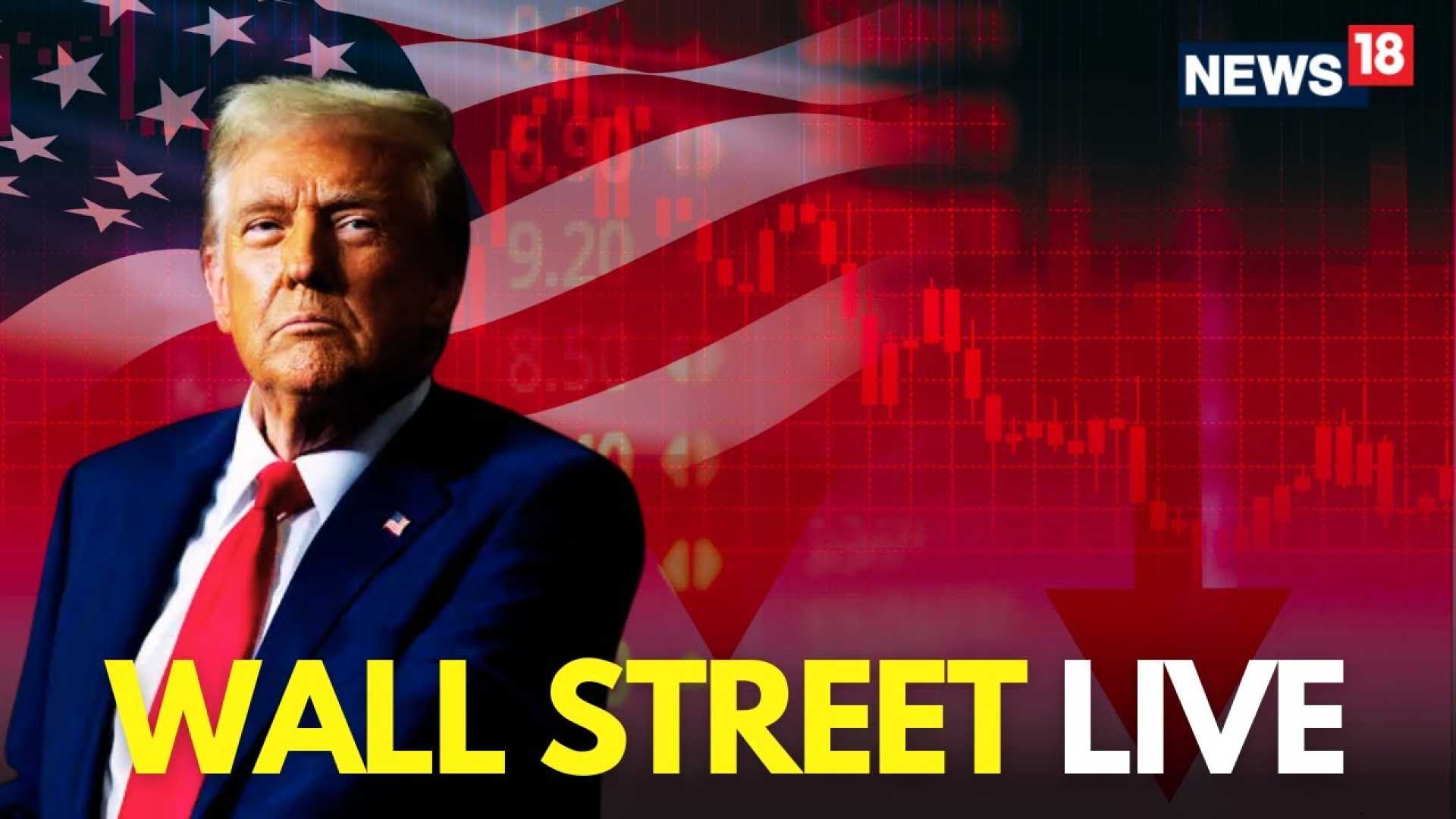Business
Stocks Soar as Trump Pauses Tariffs Amid Trade Tensions

WASHINGTON, D.C. — U.S. stock markets experienced one of their most significant rallies since World War II on Tuesday after President Donald Trump paused tariffs on several countries, except China. The S&P 500 jumped 9.5%, while the Dow Jones Industrial Average surged nearly 3,000 points, marking a dramatic turnaround for investors hopeful for trade negotiations.
Trump’s announcement of a temporary halt on new tariffs came amid escalating tensions and was reportedly aimed at stimulating economic growth and alleviating fears of a recession. Despite this, he imposed a staggering 125% tariff on Chinese goods, igniting further concern over U.S.-China trade relations.
“The pause represents an opportunity for negotiation and dialogue,” South Korean Trade Envoy Cheong In-kyo stated. He emphasized the necessity for swift talks with U.S. officials following Trump’s announcement that included a new 25% tariff on South Korea‘s goods.
Shortly after the market opened, Trump took to his social media platform to encourage investors, declaring it “a great time to buy.” His comments, however, raised ethical concerns among legal experts regarding potential insider trading implications. Kathleen Clark, a law professor at Washington University, noted, “His influence over the markets raises ethical flags that could warrant investigation under previous administrations.”
In response to Trump’s tariffs, Brazilian President Luiz Inacio Lula da Silva announced that Brazil would seek to negotiate terms rather than retaliate immediately. “We will use every word for negotiation that is in the dictionary,” he remarked during a press conference following the Community of Latin American and Caribbean States (CELAC) summit.
On a different front, Trump signed four executive orders aimed at promoting the struggling U.S. coal industry, labeling coal a “clean” energy source. An Associated Press fact-check of this assertion revealed that coal is one of the most expensive forms of energy generation.
Federal regulations were also under scrutiny as Trump moved to change the federal definition of “showerhead” to end what he called the “Obama-Biden war on water pressure.” The administration claims this will restore consumer choice while critics argue it reverses vital conservation efforts.
The broader economic implications of Trump’s tariff strategies are concerning, with many economists warning of rising prices for consumers. Jamie Dimon, CEO of JPMorgan Chase, suggested these tariffs may lead to inflationary pressures across the domestic market.
Trump is not only facing scrutiny from foreign leaders but from within his party as well. Republican senators Mike Lee and Ron Johnson have advocated for accepting the European Union’s proposal for zero tariffs on industrial goods in exchange for the U.S. doing the same.
As global tensions escalate, the market remains volatile. Analysts project that job cuts could become a reality for many companies as tariffs begin to take their toll. In a recent survey, a significant percentage of CEOs indicated that they expect a recession before the year ends, with one-third predicting job cuts as a direct result of the tariff policies.
In conclusion, President Trump’s latest moves have sparked optimism among investors with the stock market rally, yet concerns loom over potential retaliatory measures from foreign nations like China and the broader implications for the U.S. economy.












